Poverty: Global Challenges, Role of Inequality and Reduction Strategies
Poverty reduction and inequality are undeniably the buzz issues of the millennium. And where else would one go to understand the dynamics and paradoxes they raise for policies other than Africa, the continent historically synonymous with poverty until recently when chants of ‘Africa rising’ seem to have replaced mourning for ‘the dark continent’? Humongous resources have been dedicated to policy, research and intervention programmes and projects to reduce poverty and inequality, with Africa and South Asia getting more than their fair shares. But while everyone agrees that something is amiss with the input-output ratio of efforts aimed at poverty reduction, these efforts continue unquestioningly. This book is borne out of the need to question that missing link. It sets out to examine contents, contexts and interventions. The work begins with continent-wide evidence on Africa, examining the rising penury in the midst of abundant endowments and growth. The conclusion that the authors have come to: something is not right with definitions, measurements and policy measures for tackling poverty across the land. Country experiences (Nigeria, Cameroon, Australia and the United States) also agree with the position that poverty reduction seems to raise, indifferent to the broad policy environment within which it thrives. This book shows why poverty may not have been responsive to growth in developing countries in recent years. It examines outcomes of policies and insists that poverty, inequality and reduction strategies need not only be context-specific, but should involve much more than just narrow interventions. If, therefore, you are interested in questioning conventional positions about poverty and inequality, this book is for you.
{{comment.content}}


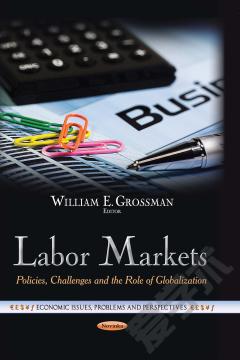
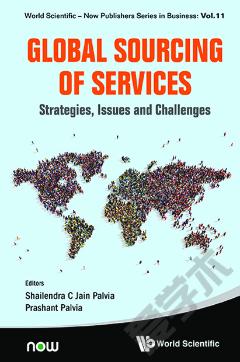
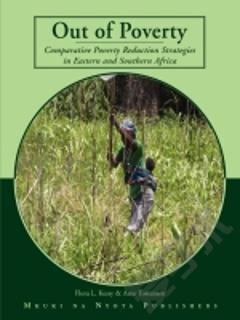
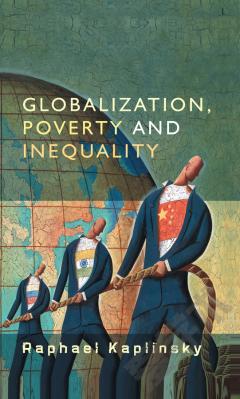
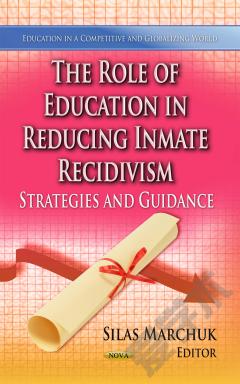

 京公网安备 11010802027623号
京公网安备 11010802027623号